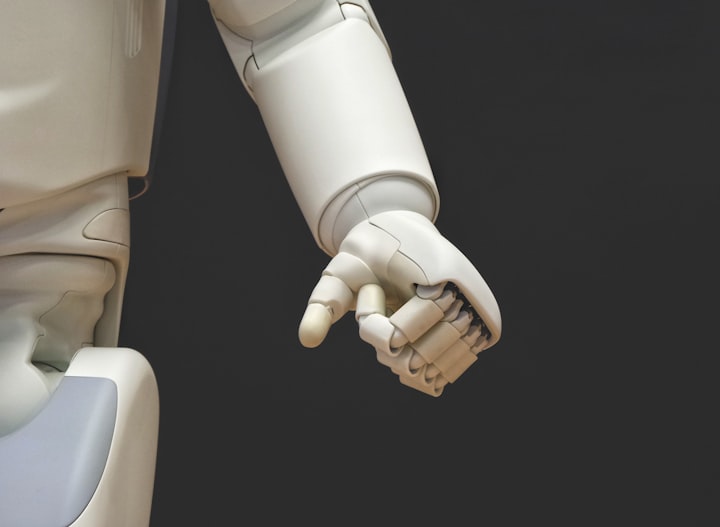Artificial Intelligence Basics: What You Need To Know Before You Start
Grow Your Tech Knowledge

Artificial Intelligence (AI) is an umbrella term for machine learning and cognitive computing. It’s the future of computing, and it is already here. It’s been evolving rapidly since its beginnings in the 1950s, and today we are seeing the beginnings of what we call ‘third wave’ artificial intelligence (3W AI).
The first wave was machine learning (ML) which used the ‘Big Data’ of large databases to train and learn a machine to perform a task. The second wave was expert systems which used rule-based inference to perform tasks. The third wave combines the first two and adds intelligent agents (software agents) to interact with users and the environment.
Why Artificial Intelligence?
With technology advancing and computer power increasing exponentially, it makes sense that computers are able to learn and think like humans. We see this happening now with self-driving cars, chatbots, and more. Artificial intelligence is coming to all aspects of our lives, including healthcare, retail, financial services, manufacturing, transportation, energy, and more.
The history of artificial intelligence:
Artificial intelligence was pioneered in the 1950s by scientists like Alan Turing and Claude Shannon. These scientists created the foundations of what we now call AI. At the time, this type of intelligence was seen as being far off in the future, but now we are living in the age of AI.
AI has been evolving rapidly since the 1950s and today we are seeing the beginning of the third wave of artificial intelligence. AI is already changing the way we work, learn, communicate, shop, play, manage and interact with each other. AI is going to transform the way we do business, improve our quality of life and create jobs. In the next 5 years, we will see a shift from human labor to intelligent machines. This is going to be huge for the economy and the way we work.
There are three main types of AI:
1. Machine learning (ML):
Machine learning uses data to teach a machine how to perform a task. For example, a machine could learn how to play the guitar or how to recognize patterns in images. Machine learning can perform many different tasks, including identifying faces and objects in images, recognizing speech, classifying and predicting data, and making sense of language and natural language processing. ML is often used to make recommendations, and to provide personalization and customization.
2. Expert systems:
Expert systems are AI systems that contain a set of rules or instructions to be followed. Expert systems were developed in the 1980s and used to automate the process of creating reports. The rules that form an expert system are based on the knowledge of the expert. An expert system may be designed to perform a single task or to solve a problem. For example, if you are buying a home, the realtor will use an expert system to help you find the right house for your needs.
3. Intelligent agents:
Intelligent agents are software agents that can perform actions or tasks on their own without the need for a person to control them. They can also interact with other intelligent agents, people, and the environment. Examples of intelligent agents include automated customer service systems, chatbots, and robots.
Career Options in Artificial Intelligence:
There are many career options in artificial intelligence. You could work in research and development or in marketing. There are plenty of job openings in artificial intelligence across the globe, with most of them being in the United States. If you have a B.S. degree in a relevant field, then you should be able to find an entry-level position in the industry.
Hope You like our information. If you have any problems fill free to comment.





Comments
There are no comments for this story
Be the first to respond and start the conversation.